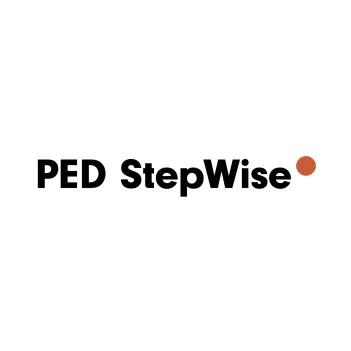PED StepWise
Participatory Step-by-Step Implementation Process for Zero Carbon District Concepts in Existing Neighbourhoods

© PED StepWise
- Category
- Project
- Call
- DUT Call 2022
- Duration
- –
- Project coordinator
- E7 Energie Markt Analyse GmbH
PED StepWise is a structured, step-by-step approach that reflects the complex and often 'messy' nature of existing neighbourhoods. It recognises the importance of progressing wisely — that is, through a knowledge-based, participatory, inclusive and holistic process. Rather than focusing solely on technical solutions, PED StepWise actively engages citizens and stakeholders in co-creating zero-carbon neighbourhoods that align with local needs and aspirations.
Our goal is to develop a more effective, inclusive transformation pathway that is tailored to existing districts, enabling decarbonisation while meeting PED (Positive Energy District) standards. Throughout this process, we will demonstrate innovative and practical strategies for local renewable energy generation, energy flexibility, energy efficiency and sustainable, low-carbon mobility. Our ultimate goal is to establish a replicable and adaptive model for achieving carbon-neutral PEDs in real-world urban contexts.
The project involves analysing existing zero-carbon neighbourhood concepts and best practices, developing energy analysis scenarios, and taking a participatory, co-creative approach. The step-by-step process will be tested, evaluated and refined through three Urban Living Labs. These labs will support the process by:
(a) collecting and analysing data on existing conditions, including the needs and requirements of residents and users;
(b) developing an integrated energy concept tailored to each Living Lab; and
(c) incorporating local context and conditions into a practical implementation plan.
The three Urban Living Labs, located in Vienna, Malmö and Utrecht, represent a diverse range of spatial, structural and ownership conditions. Drawing on insights from these varied urban contexts, the project will co-develop, assess and demonstrate a robust, participatory implementation process that can be adapted and applied more broadly.
Expected results are:
- A practical method and step-by-step procedure that addresses the complex, real-world conditions (“messy” realities) of existing neighbourhoods in the context of decarbonisation planning.
- A framework that supports the implementation of renewable, cross-property heat supply systems.
- Validation of the method through application in real neighbourhoods, ensuring meaningful involvement of end-users throughout the process.
- Development of decarbonisation roadmaps for three diverse neighbourhoods, providing actionable technical guidance.
- Valuable insights from the direct engagement of residents, fostering local commitment and ownership of the decarbonisation plans.
Austria
The Netherlands
Sweden
Arteria Technologies Gmbh, E.On Energiinfrastruktur, Kungliga Tekniska Hoegskolan, Malmo Fotbollforening, Malmo Stad, Realitylab Gmbh, Stichting Hogeschool Utrecht
City of Vienna, Gemeente Utrecht, Gemeinnützige Familienhäuser-, Bau- Und Wohnungsgenossenschaft, Reg.Gen.M.B.H, Research Institute of Sweden, Utrecht University, White Arkitekter AB
Contact
Gerhard Hofer
gerhard.hofer@e-sieben.at